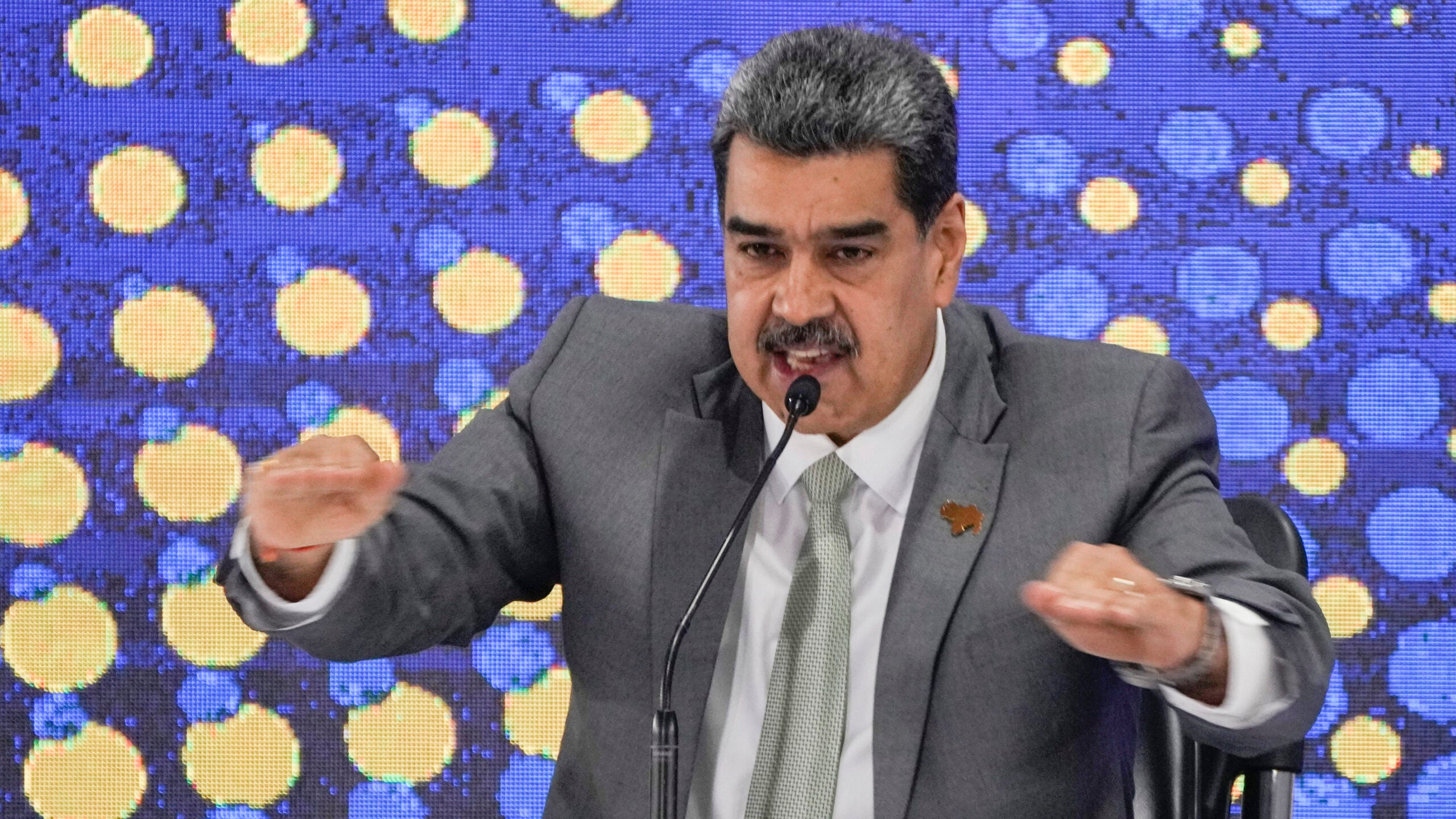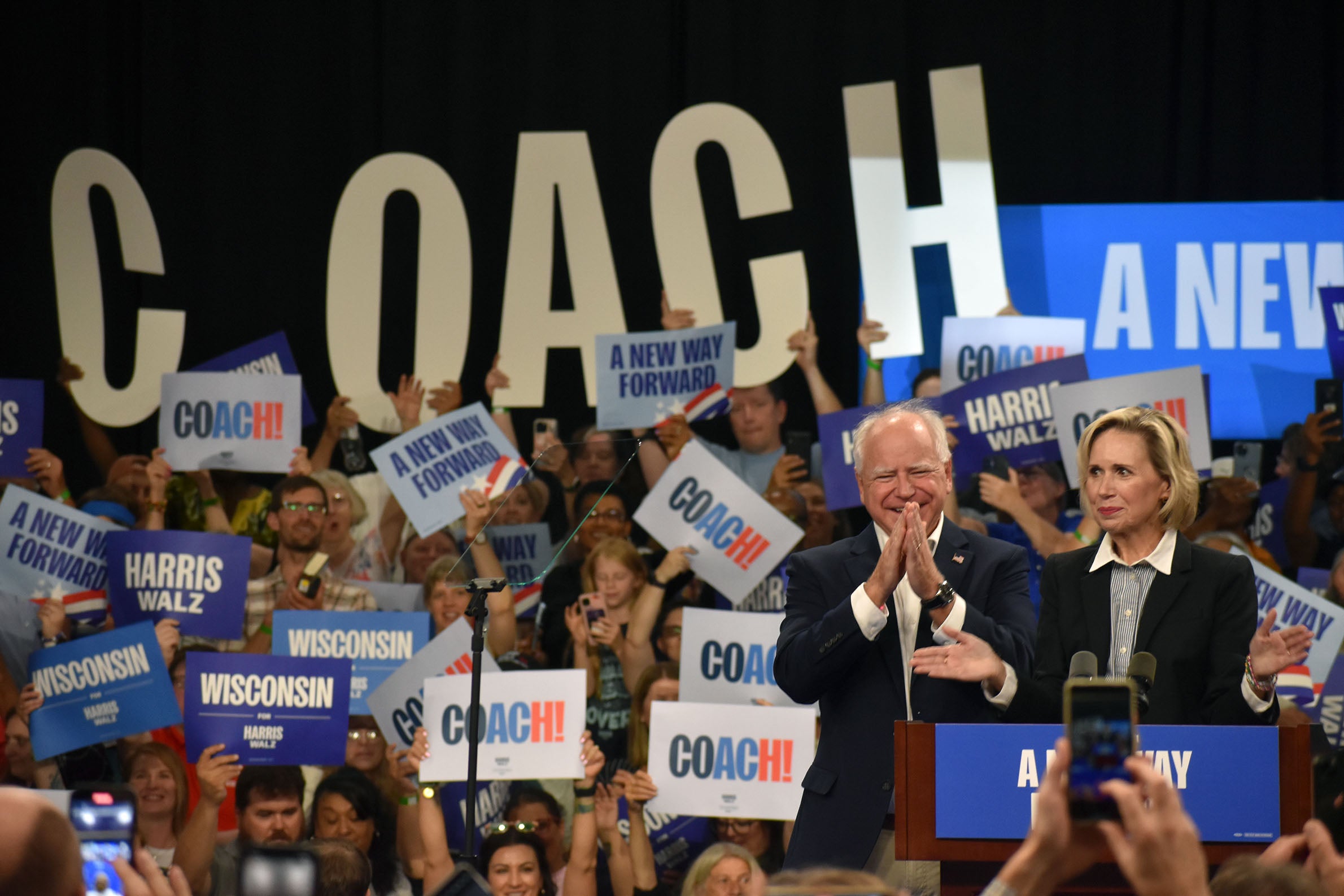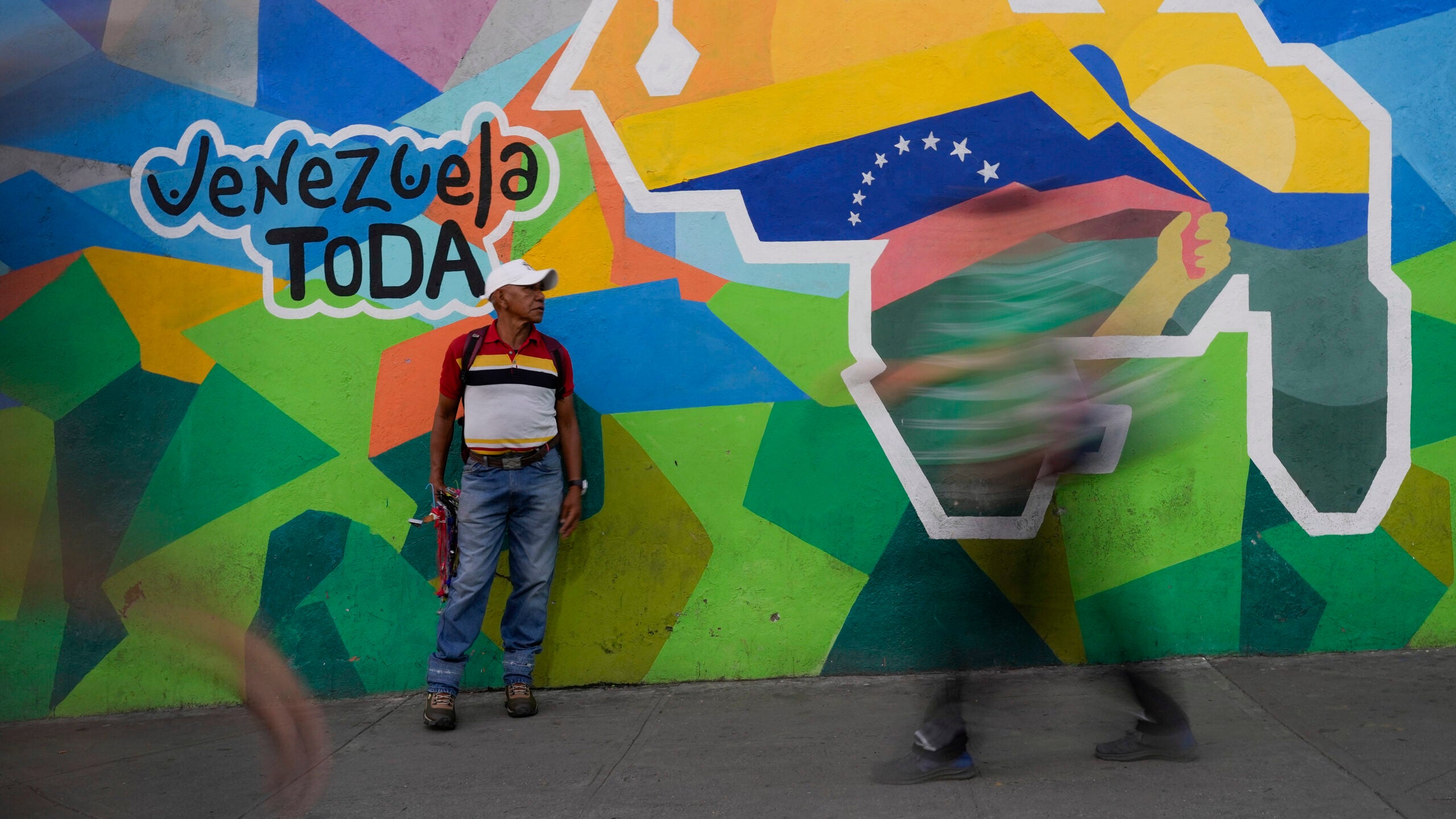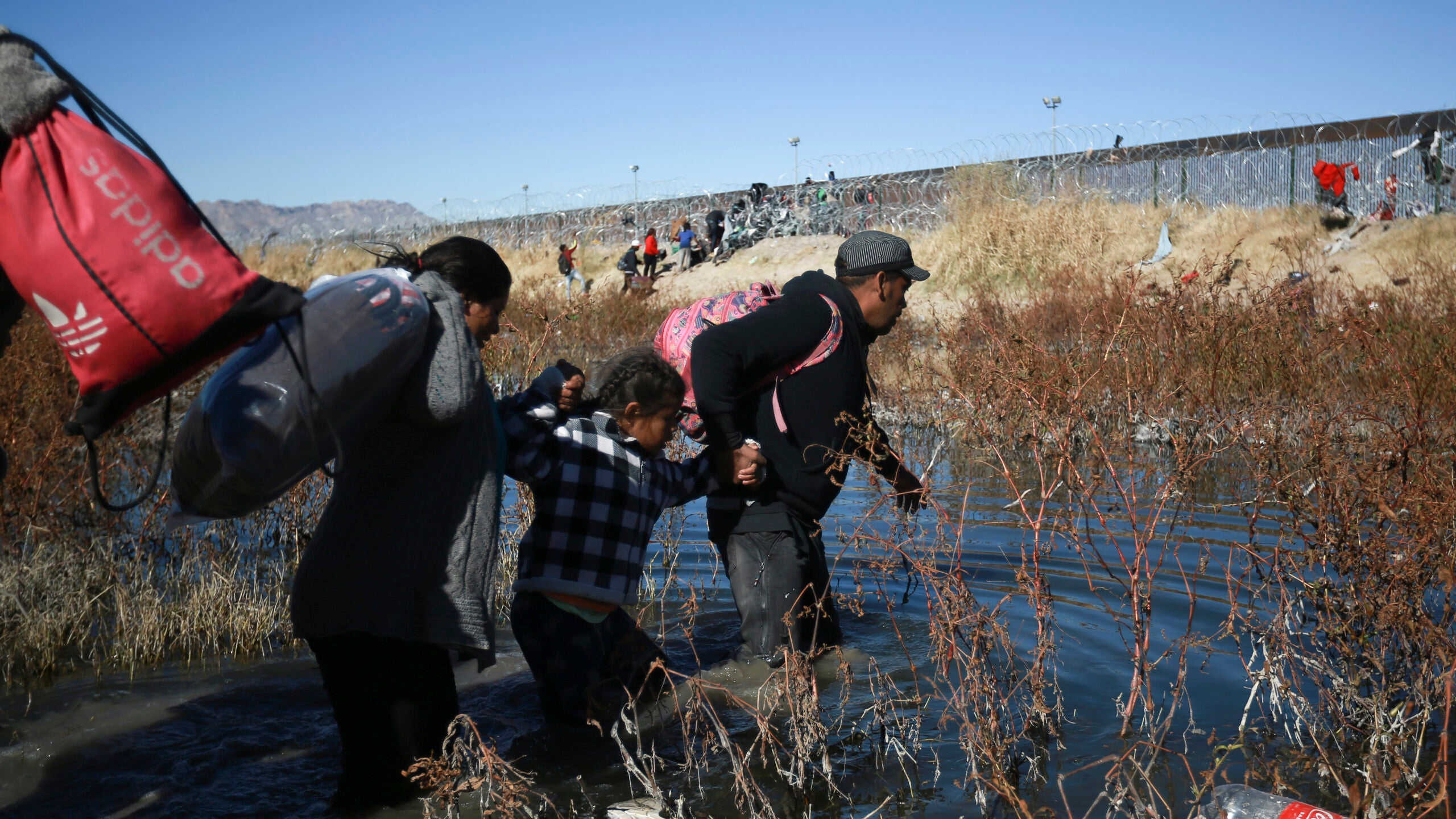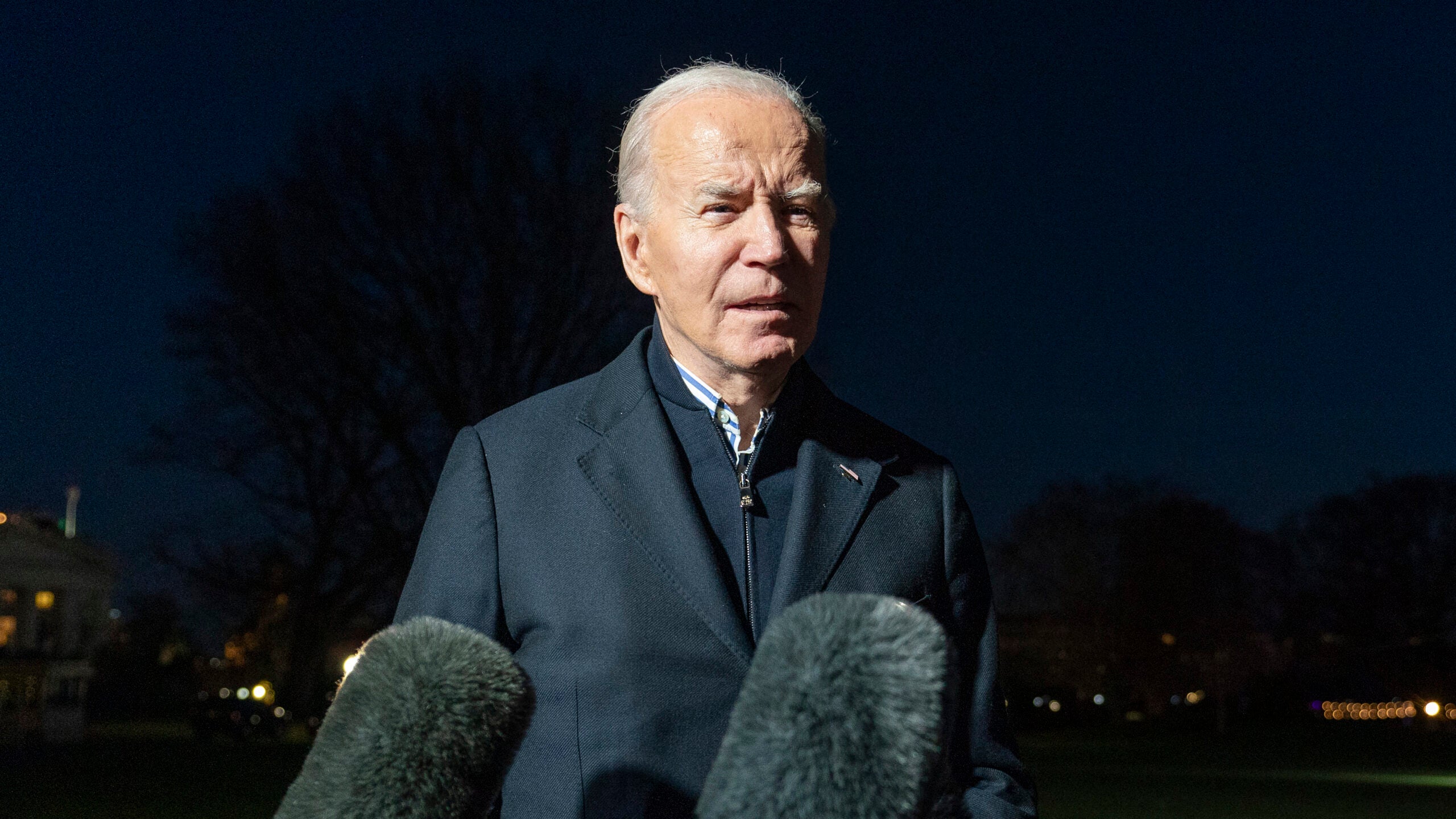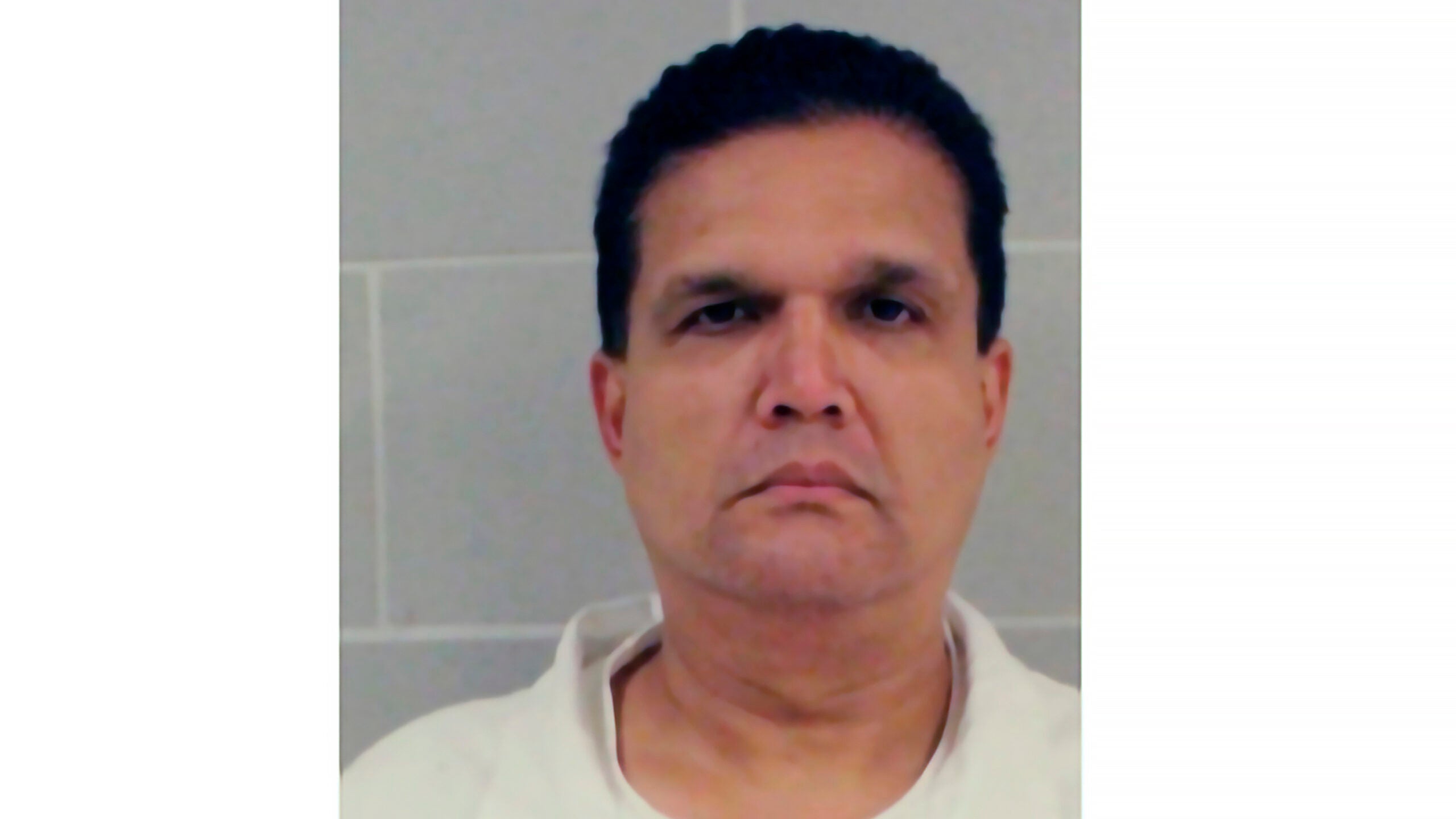The Biden administration has reached an agreement with officials representing Venezuelan leader Nicolás Maduro securing the release of a group of Americans and Venezuelans being held in the country — as well as the extradition of a notorious fugitive known best as “Fat Leonard.”
In exchange, President Biden granted clemency to Alex Saab, a Maduro ally arrested in 2020 on a U.S. warrant for money laundering.
Stay informed on the latest news
Sign up for WPR’s email newsletter.
“We’ve secured the release of every American being held in Venezuela. [They’re] on their way home,” Biden told reporters.
The deal came after months of negotiations brokered by Qatar and involved top officials from the White House and representatives of Maduro.
The group of Americans released included Joseph Cristella, Eyvin Hernandez, Jerrel Kenemore, and Savoi Wright, but senior administration officials declined to provide the names of the other Americans for privacy reasons.
‘Fat Leonard’ is returning to federal detention in the U.S.
The deal also includes the extradition of fugitive Leonard Francis, better known as “Fat Leonard.” Francis will be sent to a U.S. federal detention facility to await sentencing related to what officials called “one of the most brazen bribery conspiracies in the U.S. Navy’s history.”
Francis, a Malaysian defense contractor, had pled guilty to bribing Navy officials to steer contracts to his companies using cash, prostitutes, and luxury travel and items such as “Cuban cigars, Kobe beef and Spanish suckling pig,” officials said, but cut off an ankle tracking bracelet while on house arrest in 2022 while he was awaiting sentencing.
What the prisoner swap deal includes
Biden administration officials said the deal resulted in the release of:
- six Americans wrongfully detained in Venezuela
- four other Americans detained in the country
- 21 Venezuelan prisoners, including Roberto Abdul, an opposition leader arrested this month for treason
Venezuelan officials also agreed to suspend arrest warrants for three other Venezuelan individuals.
Biden officials said they insisted on the release of the Venezuelan prisoners because of what’s known as the “Barbados Agreement,” an agreement brokered by a number of European and regional leaders to pave the way for fair elections in Venezuela in 2024.
The Biden administration has supported those efforts, temporarily lifting sanctions on its oil exports to try to encourage Maduro to allow them to go ahead.
“Venezuela thus far is keeping their commitment toward a democratic election — it’s not over yet,” Biden said. “They’ve made detailed commitments. We’ll see if they hold them. But we’re going to hold them accountable.”
With the election coming up, there are domestic concerns for Biden, too
But Maduro has already broken some of the commitments in the Barbados Agreement, said Ryan Berg, the director of the Asia program at the Center for Strategic and International Studies.
For example, Maduro was supposed to release political prisoners and wrongfully detained Americans by Nov. 30, but missed that deadline.
“The Maduro regime’s strategy is, of course, to try to push the envelope as much as they can, before the administration will reimpose sanctions,” Berg said, adding that he thinks the Biden White House has a “very high tolerance” for infractions from Maduro, particularly ahead of Biden’s 2024 reelection race.
“I think the administration has messaged that it is very reticent to reimpose sanctions because there would be a cost in doing so,” Berg said.
Keeping the deal with Maduro in place can help Biden show he’s trying to take steps to lower oil prices while also improving economic conditions in Venezuela contributing to a surge of people leaving the country — migrants who have come in record numbers to the U.S. southern border.
“The administration thinks that that the sanctions lever is a tool that they can pull to get a little bit more energy security into the United States and fewer migrants at the southern border, and those tie in with some of imperatives of the 2024 reelection efforts,” Berg said.
9(MDAyMjQ1NTA4MDEyMjU5MTk3OTdlZmMzMQ004))
© Copyright 2025 by NPR. To see more, visit https://www.npr.org.9(MDAyMjQ1NTA4MDEyMjU5MTk3OTdlZmMzMQ004))
